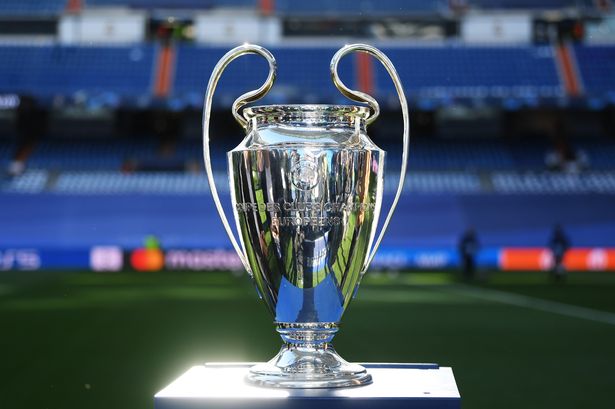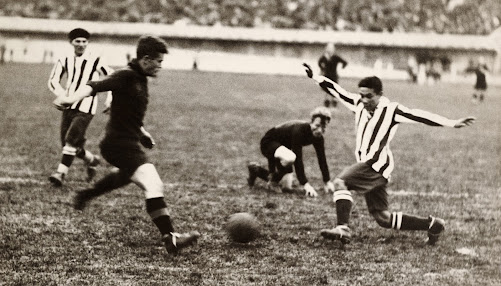The Historic Journey of the World's First Football Competition
Introduction:
Football, often referred to as the beautiful game, has captured the hearts of millions around the globe for well over a century. It is a sport that unites people, transcending boundaries and cultures. The world's first football competition played a pivotal role in shaping the sport and laying the foundation for the rich history we celebrate today. In this blog, we embark on a journey back in time to explore the inception and significance of the world's first football competition.
Origins of Football:
Football, as we know it today, has evolved from various ancient ball games played across different civilizations. However, it was in England during the mid-19th century that the modern form of football started taking shape. Numerous football clubs began to emerge, with each club having its own set of rules, leading to inconsistencies and disagreements on how the game should be played.
The Birth of Competition:
To establish a standardized set of rules and promote fair play, the Football Association (FA) was founded in 1863 in England. It was under the umbrella of the FA that the first-ever football competition, known as the FA Cup, was born.
The FA Cup - 1871:
On July 20, 1871, the inaugural FA Cup competition kicked off, marking the birth of organized football competitions worldwide. The tournament featured fifteen teams, representing various football clubs from England. The teams included Wanderers, Civil Service, Crystal Palace, Hitchin, Maidenhead, Barnes, Clapham Rovers, Harrow Chequers, Royal Engineers, Upton Park, Queen's Park, Hampstead Heathens, Harrow School, Reigate Priory, and Hampstead.
The tournament format followed a knock-out system, where teams would face each other in single-elimination matches until the final. The final match was held at the Kennington Oval in London on March 16, 1872, with Wanderers Football Club emerging as the winners by defeating Royal Engineers 1-0.
Impact and Legacy:
The FA Cup's significance extended far beyond the tournament itself. It played a crucial role in popularizing football and establishing a standard set of rules, which would go on to be adopted globally. The competition's success paved the way for the spread of football across the world, ultimately leading to the formation of national leagues and international competitions.
The FA Cup quickly became an annual tradition, capturing the imagination of football enthusiasts throughout England and beyond. It provided a platform for clubs to showcase their talent, forge rivalries, and create lasting legacies. The tournament also allowed smaller clubs the opportunity to challenge and defeat larger, more established clubs, fostering the spirit of underdog triumph.
Over time, the FA Cup grew in stature and became an integral part of English football culture. Its history is filled with memorable moments, legendary players, and iconic goals that have etched themselves into the annals of football history.
Conclusion:
The world's first football competition, the FA Cup, holds a special place in the hearts of football fans worldwide. Its establishment in 1871 marked a significant milestone in the evolution of the sport, providing a platform for clubs to compete and creating a unified set of rules. The FA Cup's enduring legacy is evident in the global popularity of football and the countless tournaments that have followed in its footsteps.
As we witness the excitement and drama unfold in modern football competitions, we owe a debt of gratitude to the visionaries who established the world's first football competition. Their efforts laid the groundwork for the beautiful game we cherish today, bringing joy and passion to millions of fans around the world.








Comments
Post a Comment